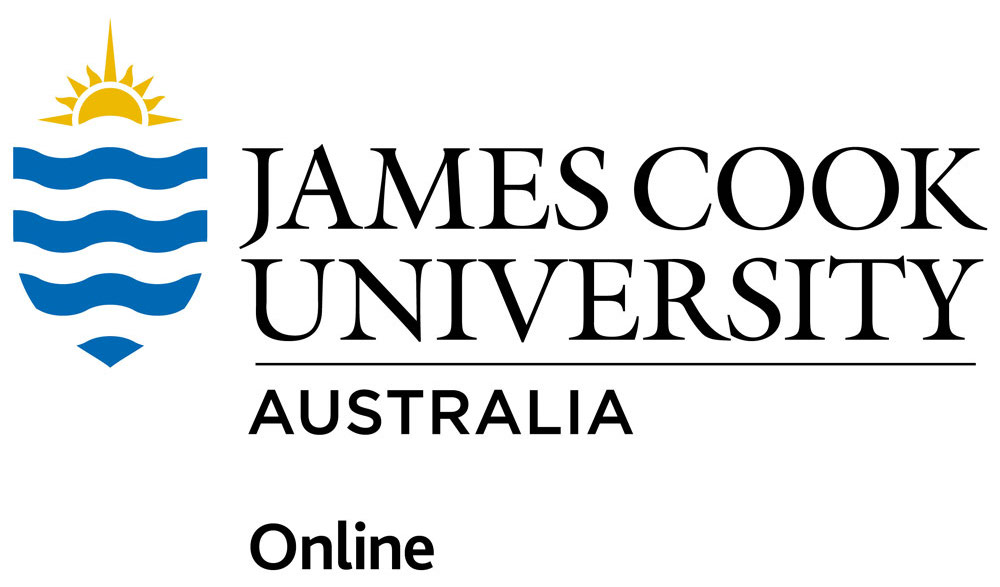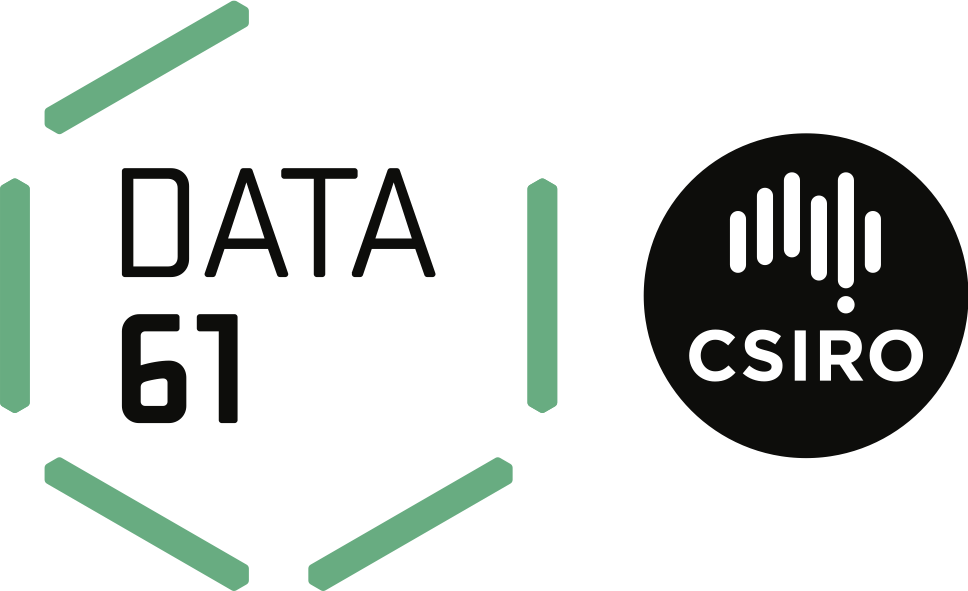Having a Code of Conduct for PyCon Australia is an important part of being able to assure attendees that they can feel safe, comfortable and respected at all times during the conference. Of course that code of conduct is meaningless unless there’s a process for escalating problems and a response to them. To be open and transparent about our process, we are releasing some anonymized information about incidents that were reported to the Code of Conduct response team before and during the conference.
There were 6 incidents handled by the team as potential violations of the Code of Conduct:
- Several weeks before the opening of the conference, an attendee used social engineering to modify the website avatar of a speaker. The avatar change was initially applied, but quickly reverted after it became clear that the change wasn’t initiated by the speaker. The attendee who engineered the change apologized for their actions, and was warned that conference resources were not to be targets of deliberate attacks; and if attendees did discover security issues, they were expected to adhere to responsible reporting and disclosure practices.
- A comment was made in the #random channel on the conference Slack, consisting of a link to an external website that discussing a matter some attendees may have found sensitive. Even though the post was in the #random channel, it was determined that the post was inappropriate for the general PyCon Australia audience. The post was deleted by a channel administrator, and the CoC team discussed the issue with the attendee who posted the material, asking them to consider the appropriateness of their posts in future.
- One incident related to treatment of venue staff. One attendees was negatively impacted by a communications error between organizers and venue staff; that attendee expressed their frustration at the situation directly towards venue staff. The attendee was contacted to remind them that behavior towards venue staff was included in the conference Code of Conduct policy. Organizers coordinated with venue to ensured the underlying problem did not occur on subsequent days of the conference.
- Two incidents related to a shirt worn by an attendee. The shirt, while not outright offensive, expressed a sentiment that was not consistent with the message of acceptance and inclusion that the conference as a whole was trying to express. The wearer of the shirt was asked to cover the shirt for the remainder of the day with another garment they had available, and to refrain from wearing the shirt at the conference venue in future. An second attendee took a photo of the first attendee wearing the shirt and posted it on Twitter with the conference hashtag, along with a message that could have been interpreted as supportive of the shirt’s message. The second attendee was asked to take down the post, and was reminded that social media posts associated with the conference hashtag were expected to uphold the community spirit of inclusiveness.
- One lightning talk was flagged as having content that was inconsistent with the inclusive and respectful tone that conference organizers were attempting to convey. Conference organizers spoke to the presenter about the content of their talk. The presenter agreed to consider their choices of content and tone more carefully in future, and instructions were given to the Lightning Talk chair to be especially vigilant when selecting talks.
We’re grateful to those who reported possible Code of Conduct violations to us, and encourage any attendee who experienced harassment at our conference, witnessed someone else being harassed, or has any questions to email the Code of Conduct response team.



























